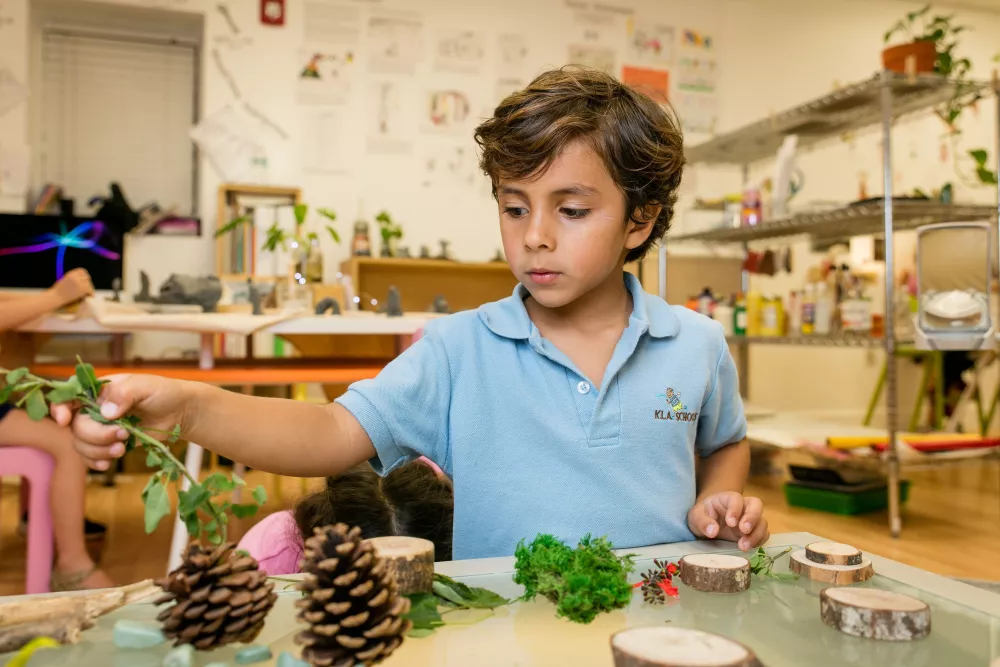At KLA Schools, Children Learn by Doing
Based on the Reggio Emilia Approach, KLA Schools employs a holistic, multisensory approach to learning and growth, where children learn by doing.
This requires children to have some control over the direction of their learning—through the experiences of touching, moving, seeing, listening, hearing, experimenting, investigating, and ultimately making sense of themselves and the wider world they inhabit.

